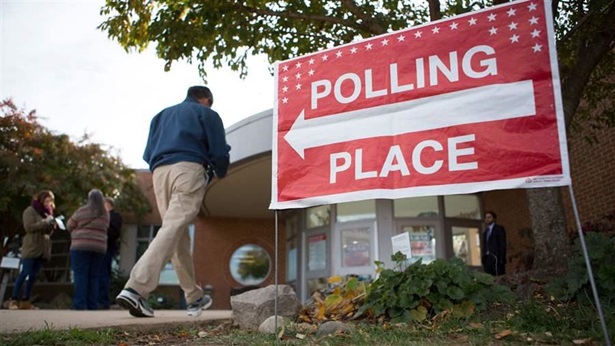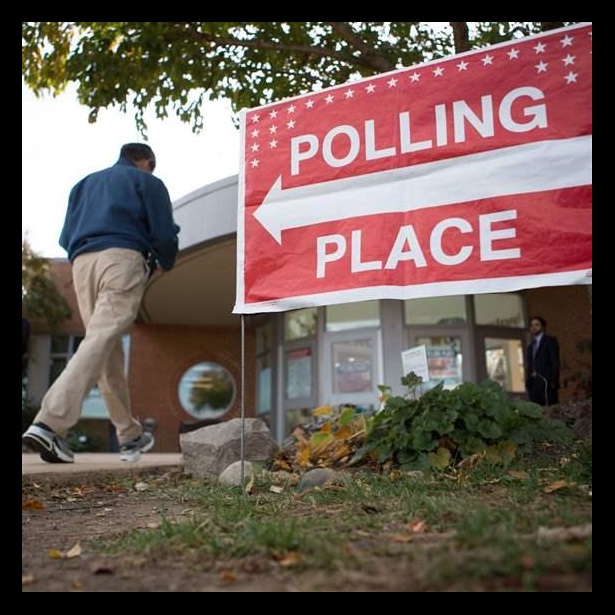Voting Information Project Tool Helps Oregonians Find Ballot Drop-Off Locations
In advance of the May 17 presidential primary, the Oregon secretary of state’s office customized and embedded the Voting Information Project’s (VIP) Voting Information Tool to help voters find ballot drop box locations throughout the state. Elections in Oregon are conducted entirely by mail, but voters have the option to drop off their ballots at secure sites maintained by each county.
The Oregon secretary of state’s office had maintained a map of all the drop box locations in the state during previous elections, but this year it wanted to provide a tool with an intuitive mobile interface for voters who were looking for detailed elections information or needed to locate a drop box using their mobile phone or tablet. Voters were able to access the Voting Information Tool directly, but it also allowed state and county elections staff to more easily answer questions from individuals looking for voting information.
Between the launch on April 26 and the primary, the tool had 92,331 total page views on the secretary’s website, most of which (60,589) came on May 16 and 17. Nearly two-thirds were initiated from a smartphone or tablet. Before Election Day, 8.5 percent of total web traffic on the secretary of state’s main web page went to the look-up tool; on Election Day, that figure increased to 38 percent.
VIP, an initiative of The Pew Charitable Trusts, in partnership with the states and Google, is working to ensure that U.S. voters have the information they need, such as where to vote and what’s on their ballots. The project uses the Google Civic Information Application Programming Interface (API) to power various tools and applications, including the Voting Information Tool, Get to the Polls, short messaging service (SMS) tool,* and white-label iPhone and Android applications, as well as candidate, campaign, and media websites.
* By sending a text message to Pew, you consent to receive voting information via texts from an automated system. This is a free service, but standard text message rates may apply. You may revoke consent by contacting Pew, including by texting STOP.
Alexis Schuler is the senior director and Lester Bird is a senior associate for election initiatives at The Pew Charitable Trusts.
Follow us on Twitter using #electiondata and get the latest data dispatches, research, and news by subscribing today.













